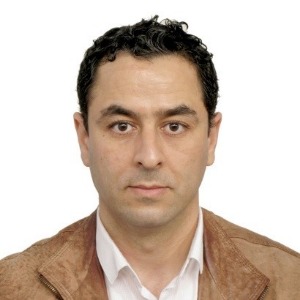Title: Immediate auto-transplantation as an alternative to immediate implants: A prospective study in young patients
Abstract:
Introduction: The predictability of implantology is well documented in recent literature, particularly since Brånemark's work. Similarly, in the field of auto-transplantation, Andreasen's work has led to a better understanding of biological concepts, and surgical techniques are now well codified. The aim of the present study is to evaluate the success rate and the factors affecting the prognosis of immediate auto-transplantation of the mandibular third molar as an alternative for immediate molar dental implants after a clinical and radiological follow-up over a period of three years.
Materials and Methods: A total of 90 mandibular third molars were immediately transplanted to replace the homolateral first or second molar deemed unrestorable. For molars with complete root development, root canal treatment was performed 1 to 2 weeks later. At the end of the clinical and radiographic checks staggered according to a predefined schedule. Results: The average age of the patients was 22.80 years. The success rate of auto-transplantation of immature and mature third molars is 91.2% and 81.8% respectively. The success rate is immediate molar auto-transplantation was 87.8%. Extra-alveolar time appears to be the main cause of complications.
Conclusion: Immediate auto-transplantation of mandibular third molars at the site of the homolateral molar is a reliable procedure with high long-term success and survival rates, showing many advantages over immediate dental implants, particularly for young patients in craniofacial development




